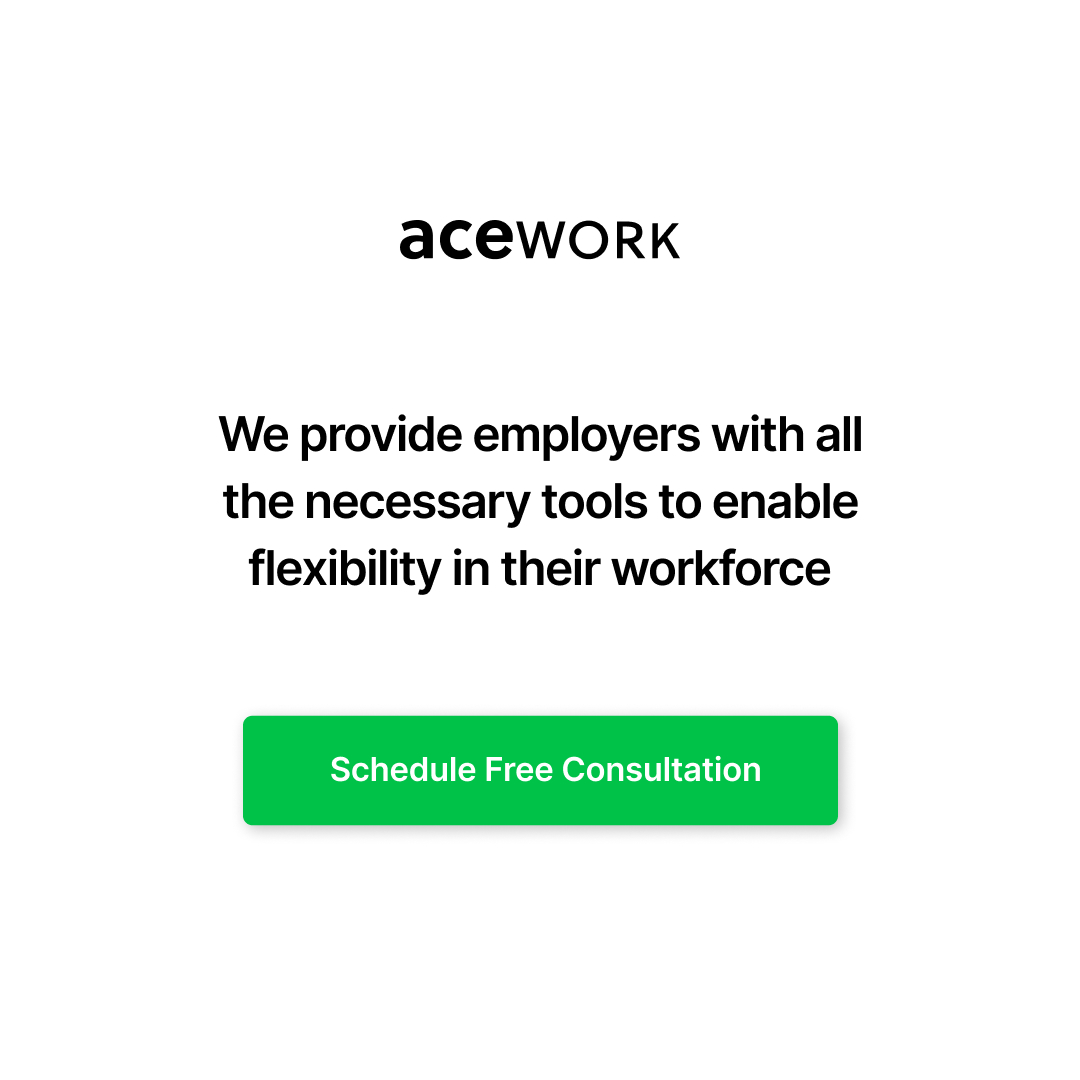Closing a candidate can be tough. Few things are more frustrating than finally making an offer to an applicant and then not close on them for various reasons. Who hasn’t had a candidate ghosting, going with a different offer or making requests at the last minute that you just can’t accommodate? Those final negotiations can make or break the close. To avoid last minute disappointment, you need to make sure to pay attention throughout the application process. Avoid overlooked information, mismatching and bad timing.
Here are our top 5 tips to close candidates and make them your new hires:
1. Speak their language
First and foremost, a good application experience contributes to candidates accepting offers because this is a representation of how the company works as a whole. Having a lean application process means you need timely responses, easy interview scheduling, relevant & prepared interview partners, and feedback for the candidate. Ensuring you do all of the above means candidates are well on their way to accepting the role and performing to high standards.
Top candidates will be applying to roles where they feel a connection to the job and that starts with the right language. First impressions matter. Using the relevant jargon shows the candidate that you are well versed in their industry. We’ve all seen generic job ads that have been copied and pasted from one role to the other. Really catering each role to the candidate you want to hire can help filter out the candidates that aren’t the right fit.
2. Be Transparent: Pre-close the candidate
Just as candidates are wondering what the chances are that they have the job, recruiters often feel the same. Not knowing the likelihood of the candidate accepting the job offer means you haven’t been transparent. During the whole recruiting process you should be pre-closing the candidates.To do this you can include a mix of questions during each interview stage. Questions can include:
- What do you think about the role?
- Can you see yourself working here?
- What would you change/improve if you worked here?
- How can they bring value to the company?
- How do they think it went? (Requesting feedback after each interview)
The more you know, the easier it will be to reach that final “selling” point and getting that big “YES, I want to work here!”.
3. Have an assessment process, but keep it short

The longer the process the less engaged the candidate. This has always been true, but has become critical in recent times. Not adjusting your process to make it (even) leaner can be a crucial flaw in your recruiting strategy. Same as reducing the number of interviews, also keep each interview short and concise – but don’t part as strangers. When it comes down to remote recruiting there’s no office chit chat around the interview to break the ice, build trust and getting to know the team.
An easy way of “getting to know the candidate” is observing them in a team setting and watching their behaviour when talking to future team members. If you can, try to get different members of the team to conduct each interview but make sure to balance it out with more casual talk. Have some team members talk about their day to day, ways of working and responsibilities to a certain extent. Not only does this give them better insight into the company and who they would be working with but really helps them visualise working with you. If they can see themselves at your company then they’re more likely to say yes. Taking your remote interviews beyond factual questions and skill assessments is an important aspect of closing your candidate.
4. Ask the right questions
Good communication means knowing the candidate and getting personal. Knowing what their needs, preferences and requirements are can again provide you with that final selling point to nail the hire. Candidates want to feel valued at the company they work for and you can start that during the hiring process.
However, while unexpected circumstances can arise, there are certain ones you can plan for. These include location restrictions, tax and compliance issues or the candidate receiving a better offer elsewhere. This is where you’ll find out how good your active listening skills have been. Were you aware that their company might come back with a counter offer? Or that they have been applying for other positions? If not, could you have asked about this beforehand. Ask them what they would do if that was to happen and what they’d expect from you. Here it’s important to build these questions systematically into the interview/application process.
At acework we recently had candidate who got an offer from one of our clients, but only as a contractor. For her this was a blocker to move ahead as she is an expat in a foreign country where she doesn’t want to have to go through the process of registering as a freelancer. To combat this, you can hire candidates with the help of an Employer of Record (EOR), such as Deel. Doing this could have resulted in her accepting the offer because her blocker would have been removed.
5. Finally, ACE the close!

Final negotiations can be a breaking point, but they don’t have to be. If you prepare well, and negotiate with clarity, your chosen candidate will most likely accept your offer. Also consider how candidates educate themselves on negotiation strategies. This will help you understand their point of view.
The main breaking point is often a salary mismatch between the offered amount and the expected salary of the candidate. Ideally, you already know the salary expectations of your candidates early in the process. While this may not be the final number they are willing to settle on, you roughly know what their ballpark is. In return, you should have published an expected salary range with the job posting, so the candidate also knows yours. This way you can both avoid a dead end situation where the salary makes or breaks the offer. At acework, we always ensure we check both sides’ salary expectations early on to prevent this breaking the negotiations.
How good are your negotiation skills?
Negotiating on the final number should always be done as transparently as possible. If your company has a location-based strategy for remote employees, mention this as early as possible (or brief your recruiter!). You may also outline your salary bands for certain skill or experience levels on your public job postings. You could also share your promotion and salary increase plans, if you have them.
Pro tip: Always be closing 😉
Effective negotiation includes not just knowing the candidate’s salary expectation, but also being aware of their goals and personal circumstances. This allows you to negotiate on certain perks & benefits, if your company allows for that and is especially handy if your final salary offer does not exactly match their expectation. Here you can still hook them if they’re close to accepting the offer. Especially for remote work, there are plenty of options, such as a home office setup, a coffee stipend, additional gear, technology or more flexibility.
However, if you have very standard contracts that include little negotiation on benefits, then make sure candidates know all of this early in the process. It’s also important that you don’t leave potentially unsatisfying fixed terms such as vacation days to the very end as that can “break” the offer. Lastly, be flexible about starting dates if possible, as the candidate may require it. As much as the candidate wants to work with you, you also want them (and to avoid the whole hiring process again) so make sure you find a solution or compromise on that matter if needed.
Schedule a free strategy session to start building your high performing diverse and distributed team.
If you are a candidate looking for work, don’t forget to visit our job board and save it to your favourites. We regularly post new roles there.







